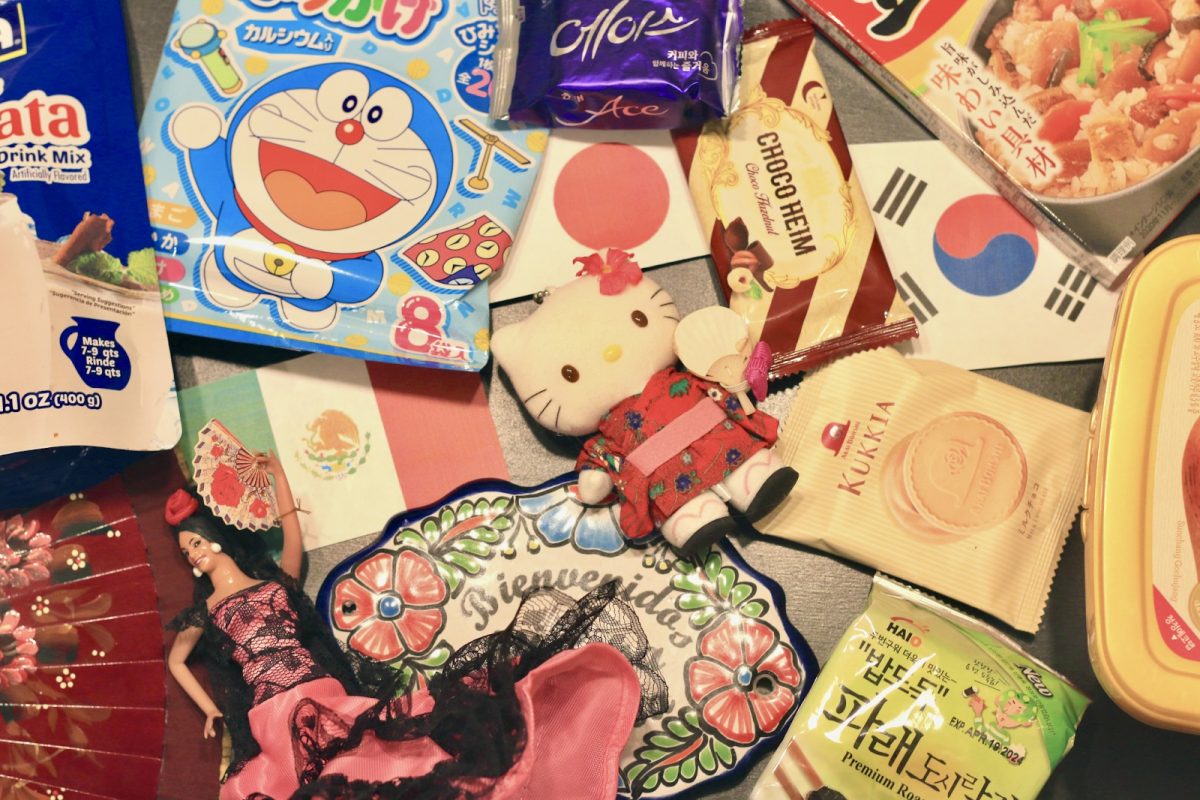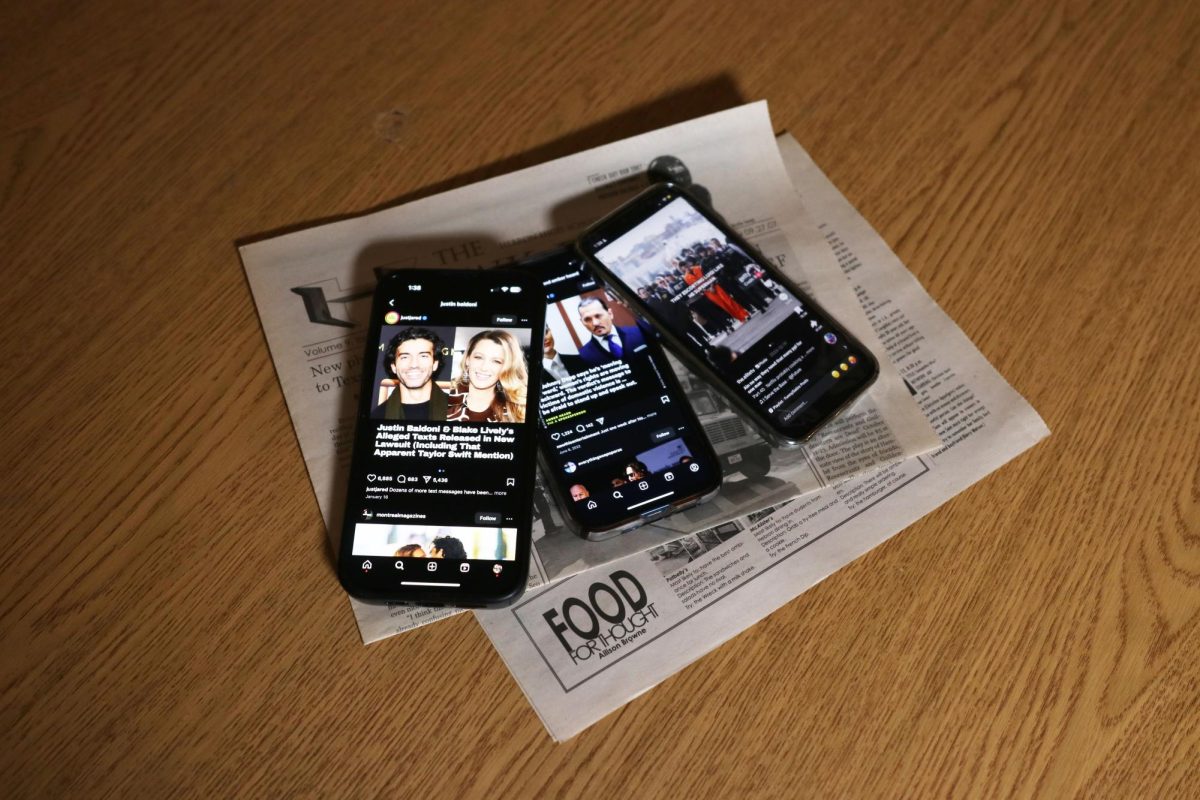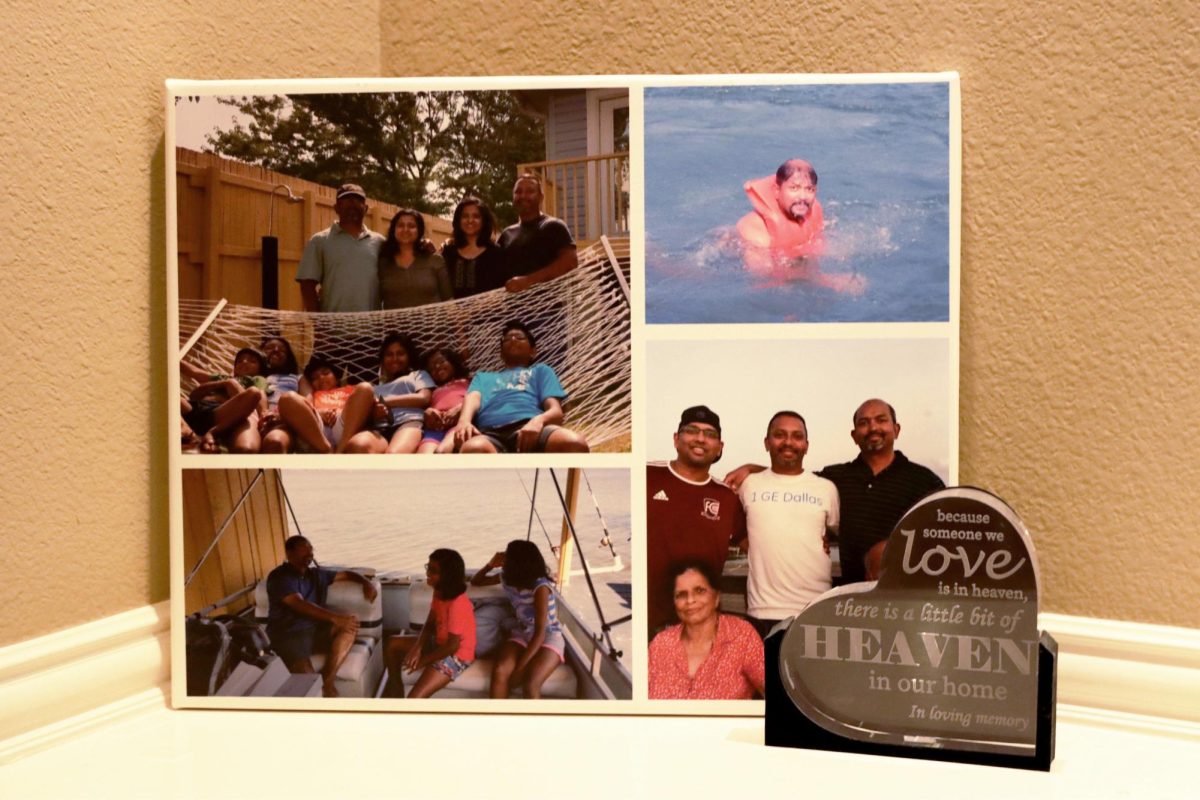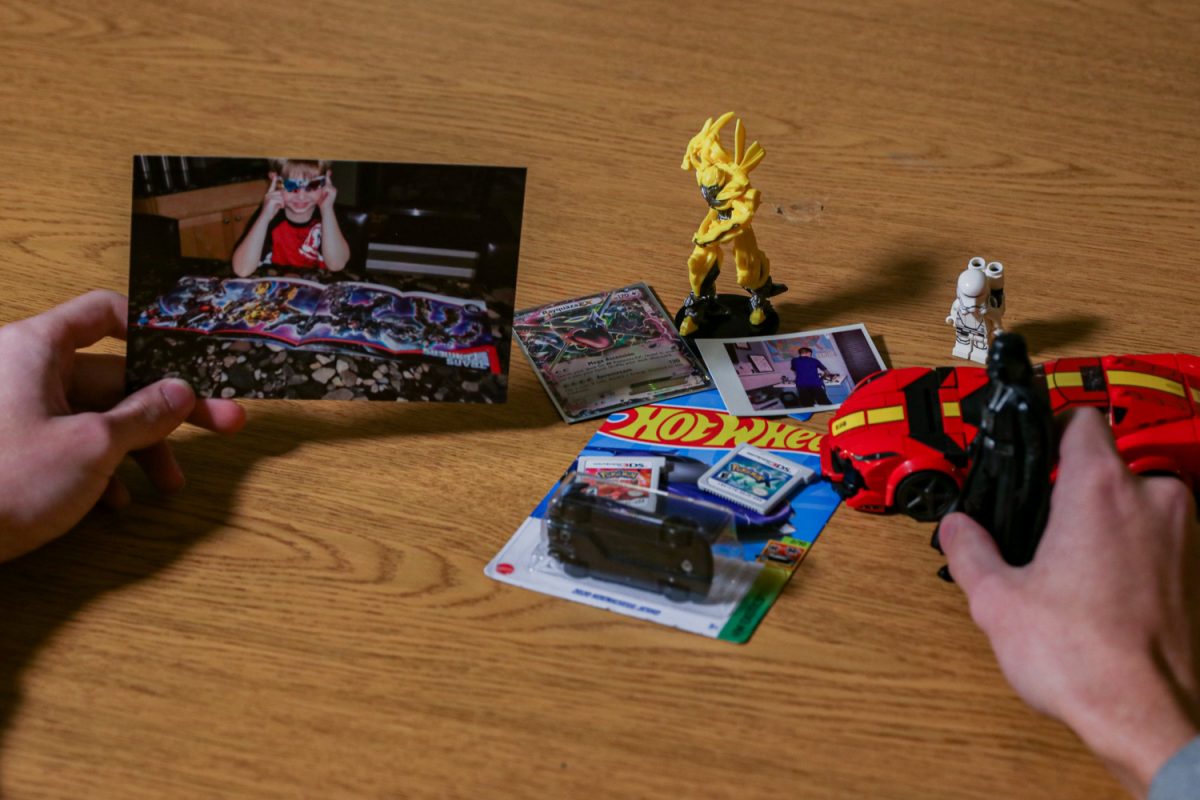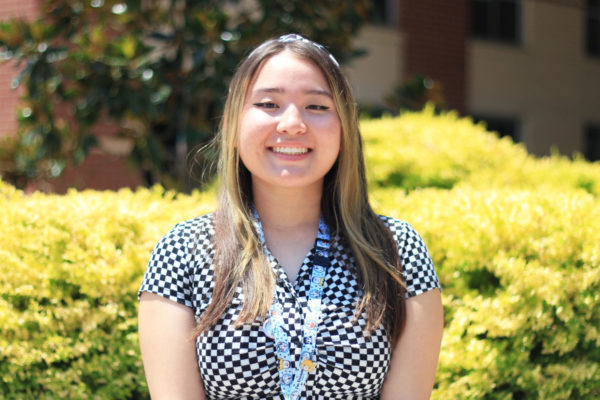America loves to promote diversity; being nicknamed a melting pot, full of different cultures, races and ethnicities.
However, having lived in California in the 2000s, the general public was not fully educated about different races and ethnicities in a community. This was evident as non-Asians would often notice that my family looked mostly Asian, and would act as if we were from another planet.
While now it’s seen as offensive to assume other’s race or ethnicity, in the 2000s, people would ask my parents if we were Chinese. I don’t believe it was due to racism or malicious intent, but it was simply a time where Americans weren’t aware of the other Asian cultures, as Chinese people were the most well-known in America.
It got to the point where my parents wanted both my little brother and I to know our true ethnicity, in case we had ever received the same question they faced frequently. In order to make sure I knew my background, my parents would often ask me:
“Mie-chan, what do you say when people ask if you’re Asian?”
And I would recite the same thing that I was taught, word-for-word, by my parents:
“I am half Korean, quarter Japanese and quarter Mexican.”
After I was religiously taught to say that, whenever other kids would ask me what race I was, I would repeat that exact response. However, as I grew older, I would be more hesitant to repeat it so easily.
It started in middle school, when I moved to Texas. The state was different from California, especially in the school community. Since the schools were much bigger, there were more groups of people attending middle school. While this was for new opportunities to make friends, I noticed something while at Arbor Creek Middle School.
Since we had moved around a lot, I had to start over making friends. While I didn’t struggle to meet new people, my mother would often ask if I had any Asian friends. The thing was, I wasn’t specifically looking for Asian people to befriend, but I realized that, in Texas, a lot of Asian students were friends with each other.
While it didn’t bother me at first, I realized it was because they all bonded over their “Asian-ness.” Often, they would be able to speak Korean, so they would be able to share the same cultures and traditions. Additionally, their parents would also be friends, solely because they were Asian.
It had made me feel like an outcast.
During 8th grade, I had a best friend who was Hispanic. However, she had a much larger number of friends who were Hispanic, while she was the only Hispanic friend I had. Through my best friend, I was introduced to her Hispanic friends, but I ran into the same problem.
The group of Hispanic students and Asian students marked the same things on the checklist:
They all spoke the same language? Check.
All bonded over their childhood traditions and cultures? Check.
Their families are close because of the shared culture? Check.
There were a countless number of times where I faced groups of students who I should, technically, fit into based on our shared cultures, but I just seemed to be that one puzzle piece that never fit. I would try to squeeze my way in, trying to push and mold myself to fit in with the others, but I was never able to stay in securely.
In middle school, this bothered me immensely, and the transition to high school didn’t help my dilemma. While high school brought opportunities to a wider variety of students with different backgrounds, for me, it just meant more opportunities to meet groups I didn’t truly fit into.
Being surrounded by the different groups of Hispanic and Asian kids wasn’t great for me, as I was still shy during my early years of high school. During my sophomore and junior year, I never really met a group of Hispanic kids in the communities I was already in, and when I did, I would either see them rarely, or they weren’t the crowd I wanted to spend time with.
The Asian population at Hebron is far larger than the Hispanic community, but I still failed to connect with students who were specifically Korean or Japanese. There has only ever been one Japanese student I’ve met at Hebron, and, even then, we knew each other for a short amount of time as he graduated soon after I met him. The Korean friend groups always seemed out of my style. While studious, I wasn’t in any AP classes, I didn’t really take a liking to K-Pop, and I never really got into trendy fashion, so I didn’t connect with many Korean students at Hebron, either.
This isn’t to blame anybody, not even myself. It’s just that over the years of traveling to different schools and meeting all kinds of friend groups, I realized I shouldn’t have been trying to box myself in groups solely based on my ethnic background. It’s nice to understand your roots and connect with other people who also share the same culture as you, but that shouldn’t be the selling point of your relationships with people.
While I still try my best to educate myself about my different cultures and traditions, I do not try to force myself into befriending people because they share the same background as me. I’m already surrounded by people whom I love and trust, and they happen to have their own personal traditions that they identify with.
Though it’s nice to know that others share my cultures, I now know that I am not defined based on how Asian or Mexican I am.



